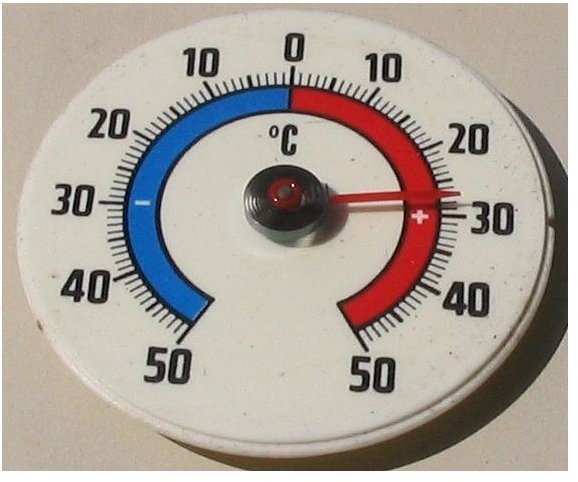Diabetes and Heat Stress: Are Diabetics at Risk for Heat-Related Illnesses?
Are diabetics at risk for for heat-related illness? They could be, according to Dr. Adrienne Nassar of the Mayo Clinic. She says, “People with diabetes have an impaired ability to sweat, which predisposes them to heat-related illness, as do uncontrolled, high blood sugars.” Dr. Nassar is the lead author of a study done at the Phoenix Diabetes Clinic, where 152 patients were surveyed to determine their awareness of how weather could affect their diabetes. (1)
Heat cramps, heat rashes, and heat strokes are a real danger, so a combination of diabetes and heat stress could exacerbate both the risks and the resulting symptoms for certain individuals. Diabetics may also have a diminished thirst reflex, and may not stay adequately hydrated, thus further increasing risks factors for heat-induced illness.
What are the Symptoms of Heat Stress?
What should diabetics do to protect themselves? Let’s talk about how being cautious about heat exposure and exercise, consuming enough liquids, and increasing blood sugar level monitoring can help diabetics live safely in any high-temperature environment.
Image Credit/Wikimedia Commons/1-1111/GNUFDL
First, let’s take a look at the signs of heat stress. Individuals may experience excessive sweating, or stop sweating entirely. They may become confused or disoriented, and be unable to concentrate. If the symptoms are not treated promptly, they may become dizzy, faint, or collapse. If a diabetic experiences any of these symptoms, he should check his blood sugar levels immediately, and then start drinking fluids. Next, let’s see how to take appropriate precautions about heat exposure.
Tips for Avoiding Heat Stress
By following some common sense guidelines about heat, diabetics can reduce their risks of heat-related illnesses. Here are some tips about keeping cool:
- Drink lots of water throughout the day. If you feel thirsty, you may already be dehydrated. Avoid drinks containing caffeine, alcohol, or excessive sugar. Sports drinks and caffeine may spike blood glucose levels to a dangerous level in some diabetics.
- Dress appropriately for the outdoors. Choose light-colored cool clothing, in natural fabrics like cotton or linen. Wear a hat.
- Avoid the sun between the hours of 10-2 daily. If that isn’t possible, drink extra liquids, and take some shade breaks or go inside briefly. If you must be outside, try to schedule activities, like exercise, in the morning, as early as possible, or later in the evening when temperatures are cooler.
- Use air-conditioning whenever possible, or fans to create a cool breeze, or stay by open windows. If you don’t have air conditioning, head for the local library or other public places. The key is to reduce your exposure to heat, and one of the best ways to do that is by staying in air-conditioned places.
- Take cool showers or baths, or use cold compresses on face, wrists, and feet.
- Eat cold meals to avoid cooking and heating up the kitchen. Cold foods do not raise the body temperature as much as hot foods will. For some tips on the best foods for diabetics to eat, read “Meal Plans: Low Carb, Low Sugar.”
While your primary care physician is your best source of information about how frequently to check blood sugar levels after being in the heat, a good rule of thumb is to check blood sugar levels before outdoor exposure and when you come back inside. Compare the readings, and make any necessary adjustments with food or insulin.
Diabetes and heat stress does not have to be a deadly combination. While diabetes may predispose one to a risk for heat-related illness, following some or all of these tips gives you extra insurance against these risks.
References
1 - Los Angeles Times, “Summer Heat May Mean Trouble for Diabetics,” June 21, 2010, Jeannine Stein, accessed 08/16/2010
Medicine Net, “Heat Exhaustion: Symptoms, Warning Signs, and Treatment Information,”
Keyvive, “How Does Summer Affect Your Diabetes? Exploring the Relationship Between Heat & Diabetes,” Daniel Threlfall, accessed 08/16/2010
